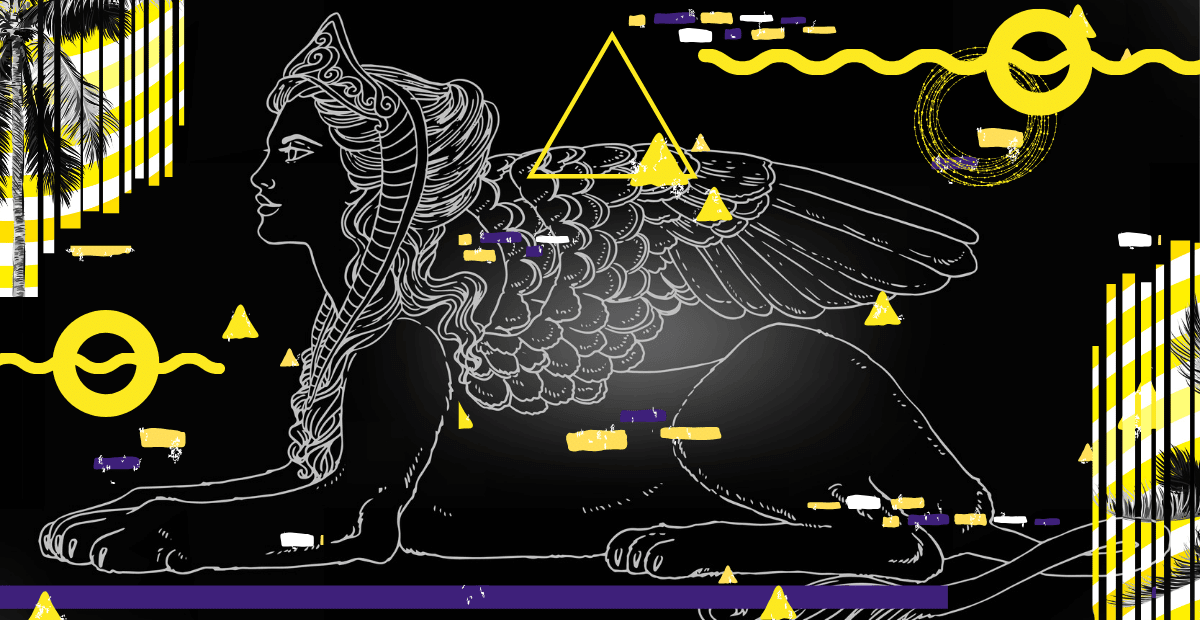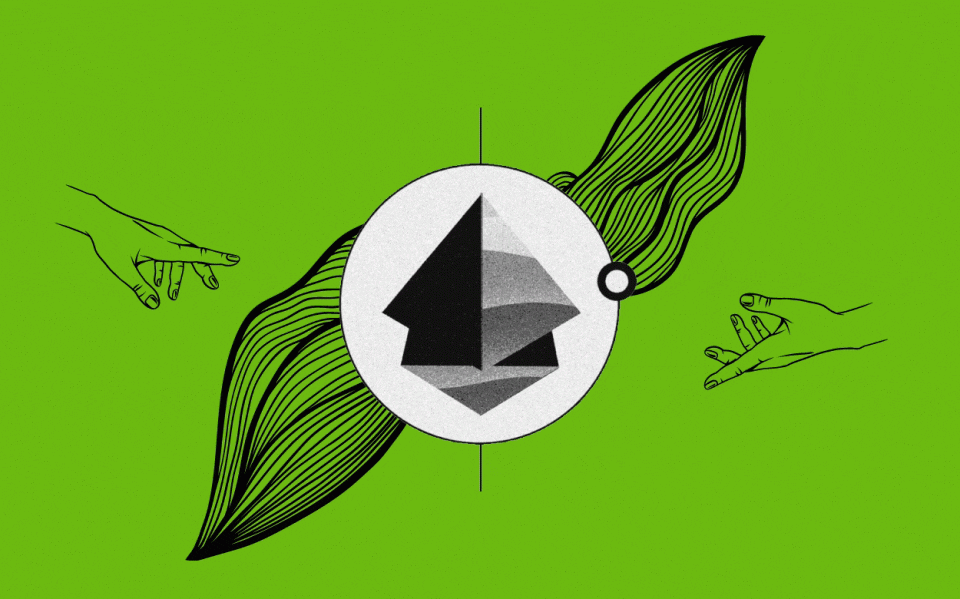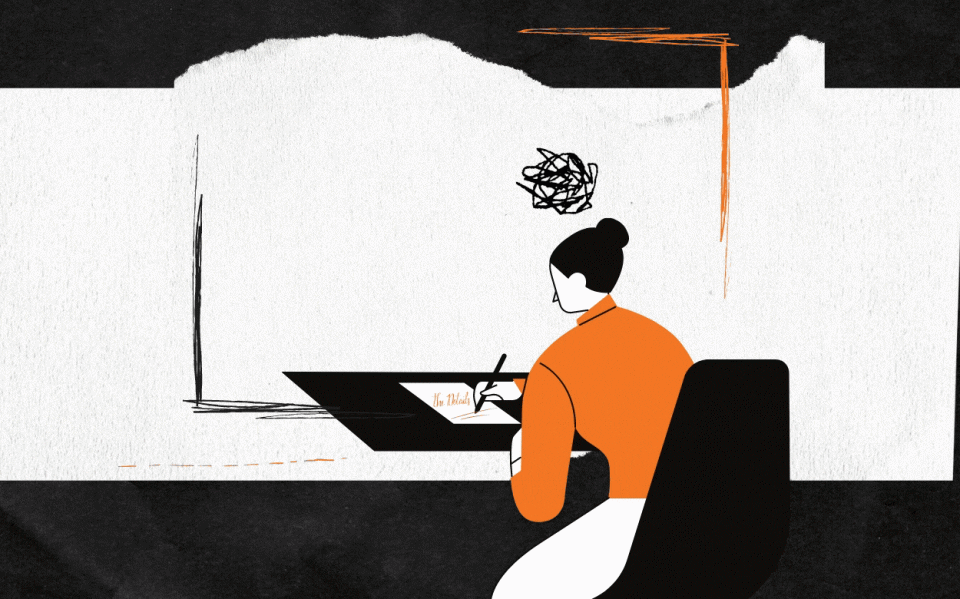

Nine months ago, I decided to start working as a part-time freelancer while still working as a full-time marketer for a startup company. It was such a “safe” decision; I could keep my side projects while building marketing for a new company. I could expect the paycheck coming in every first of the month and not worry if my clients will be late with their payments. Seemed like a pretty good deal and I naively believed I could do navigate successfully through both fronts.
It turns out I was seriously delusional.
About a month ago, I waited for my husband to come home from work to tell him: “I just quit my job today.” He wasn’t surprised – I was struggling at work, and he got tired of my complaining and listening to the same story all.over.again. “I just want you to be happy,” he said, and I agreed; I needed to find my happy place again.
About a week ago, I worked for the last time as an employee. It was weird to say goodbye to safety, and honestly, I’m still getting used to the fact I am completely independent. Probably it will take some time to settle into the role, but man, it feels GOOD.
How did it all begin?
I used to believe I’m ‘just fine’ being an employee, but there was always something that made me cringe, question and eventually rebel against how work was supposed to be done and business was supposed to be managed.
If you try hard to fit in, you become even more aware of how you just don’t fit into standard boxes.
After working for four startups in the last five years, I started to recognize a pattern. I would come into a small team and get an arduous task of building the marketing department from scratch. There were many expectations, but I would dive in fearlessly because I was eager and ambitious. However, there was always something more I wanted to change in the overall business environment. Be it company culture, management styles, or lack of sustainable marketing processes; I would soon realize I’m not only trying to build a miracle marketing machine but also fight to change the way the business has to be “done”.
Time to self-reflect
Why was this a pattern? Why was I attracted to work in startups and excited to build something completely new? Why would that same motivation drown into constant questioning of business processes or even worse, endless discussions with managers?
I started to blame myself. I began to think that marketing isn’t for me and that I have deep issues with authority. I was afraid I would never fit in because of my “complicated character.”
People around me didn’t seem to have those problems. I mean, most of the people complain now and then about our jobs and bosses, but my complaining turned into something else. I started to feel anxious about coming to work and having everyday pressure to make it happen. The anxiety started to mix up with anger, and in a blink of an eye, I started to become annoyed with the whole romanticization of the startup culture, the employees that would complain but never stand up for themselves, and managers that didn’t seem to have time to listen truly.
Work soon became tiresome, and marketing wasn’t fun anymore. That was my cue.
I didn’t want to let go of my passion, so I took things in my hands.
Finally, I decided to listen to myself and understand what truly makes me happy. Not surprisingly, things that make me happy were the main reasons that made me realize how freelancing life might be just my cup of tea:
1. I want to have the freedom to work from anywhere
I’m writing these lines in my garden. It’s very early in the morning, and I am relaxed knowing that I can write this story where ever I want.
In today’s digital era, I need only a good wi-fi and my laptop to do the job. Why would I restrict myself to working from only one place, from 9-to-5 and in the same environment every single day? The most creative moments occur when I’m working in a completely new atmosphere. I love to work in coffee bars, on airports, on trains, in co-working spaces, in my apartment, and yes, definitely in my garden.
When some of my previous bosses would make a fuss about it, I would immediately feel untrust, which then would result in my rebellion.
If I get shit done, does it matter where I do it?
Note: working from anywhere is not for everyone.
As a freelancer, you need to have military discipline, self-motivation, and learn what your most productive hours of the day are. Organize yourself the best way possible to avoid procrastination and to be able to commit to your deadlines.
On the other hand, I think it’s ok to have days when you surf the internet without having a clear task or goal for that day. Let yourself be amused, watch animals doing funny things, or check out that tutorial on how to make a wooden treehouse you always wanted to have as a kid.
We all need to switch off our brains sometimes.
2. I want to be responsible for a project from start to finish
The great thing about being a freelancer is that you are in charge of everything. Reaching out to the clients, proposing the strategy, sharing ideas, putting the price on your work, and maintaining the relationships. As a freelancer, I have an overview of the entire workflow and timeline.
As an In-House Marketer, you don’t get to do all of that. It’s expected you focus only on your department and often don’t get that much contact with the customers.

3. I like to take risks
This one is significant, and if you don’t like taking risks, I sincerely doubt freelancing is something for you.
I enjoy the unknown; it keeps me alert. It shows me the things I need to change. It strengthens my flexibility, and it expands my knowledge. Since a very early age, looking at my father entrepreneur, I understood how, without taking risks, you don’t become successful.
Making irrational decisions is something completely different, and that has to do more with your level of emotional maturity. But a healthy perspective on making decisions without 100% knowing the result is an essential characteristic if you want to be independent or start your business. Sometimes you win, sometimes you lose — it’s important to keep trying and stay positive!
Trust your gut and jump!
4. I believe there is more than one way to do something
Ah, the vital reason number four. The one that always put me in trouble and the one I still fought for eagerly.
There is never only one way to achieve something.
We all have different skills, knowledge, assumptions, and expectations; we all ‘think’ our method is the best way to do something. However, there are many ways to get to a specific goal – the more we are creative, the more we will see other options.
If you work as an employee, your manager’s word is often the last word — and I don’t always agree with the fact that managers know the best. Freelancing gives me the freedom to express my ideas in a more neutral atmosphere, by suggesting an unconventional approach and comparing all the options available before making a final decision together with the client.
Listening is a fantastic skill that I wish all of us could refine. Even if you’re an expert and someone presents ‘out-of-the-box’ idea, give it a chance — you might be surprised by the outcome.
5. I’m straightforward and honest
We came to the last reason that might not be so relatable as the first four, but it had a massive influence on my decision to become a freelancer.
In high school, I had the nickname ‘The Lawyer’ because I always stood up when there was injustice, lies, or wrongdoings. That is deeply rooted in my bones; even though it can bring me more problems sometimes, I will never be a silent mouse agreeing with everything.
Working in small teams means you get involved more emotionally because you work every day with the same people and you all look towards the same goal driven by similar motivation, but constrained by lack of time and budget. When something great happens, everyone will feel it. But it also works the other way around. If some things are not going right, then everyone will feel disappointed or hurt — which can result in poor performance and communication issues. Considering that as an employee you work in a team daily, you have to keep it professional and sometimes being direct is not the ticket to better communication. I learned that the hard way.
Truth sets free, but in a work environment, it is not always welcomed. You’re expected to do your job not to preach.
On the other side, freelance work means my lofty expectations don’t even have a chance to grow because I’m jumping from one project to another. By becoming a freelancer, I get to be “the outsider.” My clients see me as a consultant, someone who can have a fresh perspective on things, and meanwhile, I don’t have to be affected by any internal struggles.
The most important lesson?
Being honest might not be the smartest business characteristic, but I learned to love that the most about myself.
If you’re thinking of becoming a freelancer, I hope my story will help you realize if you have it in you or not. I interviewed many friends who own a business or are freelancers, and they all had a similar streak in characters. It all comes down to strong personalities, independent spirits, usually have problems with strict structures, and they almost always question the authoritative roles. The sooner they realized they didn’t want to work for anyone except themselves, the happier they became. Sounds simple but we all learn at a different pace, and if it’s meant to be, you will feel it in your gut.
I am so grateful for every single experience I had because it directed me the right way.
Onward and upward.






